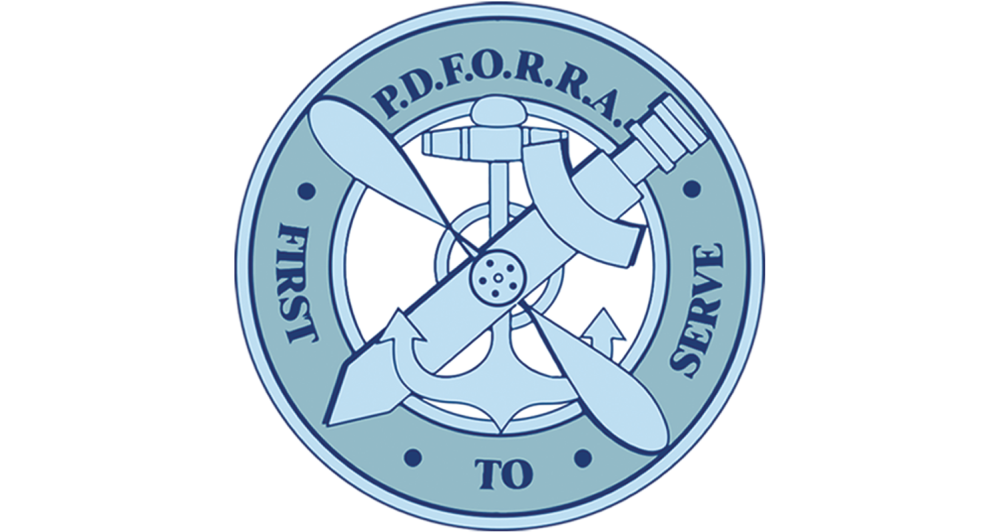
Southern Editor
Tánaiste and Minister for Defence Simon Harris has said he will bring the heads of a bill to Cabinet later this month to change the Triple Lock mechanism for the deployment of Defence Forces personnel overseas.
Mr Harris was speaking at the annual conference of the Defence Forces representatives association, PDFORRA, which has heard calls for the Government to do more to address the retention crisis within the army, navy and the air corps.
Irish Defence Forces members have been involved in overseas peacekeeping since 1958.
For the past 25 years, the mechanism to enable that - known as the Triple Lock - has been in place, meaning approval by the Government and the Dáil, and a UN Security Council vote are required before 12 or more Defence Forces members can be deployed to peacekeeping overseas.
The Government has already signalled a controversial move to remove UN Security Council approval from the mechanism. This afternoon, Mr Harris said that legislation will progress shortly.

Mr Harris told RTÉ News: "It's my intention to update the Cabinet on this this month and to publish what we call the heads of the bill, the general bill, this month.
"I'm willing to engage constructively with the Opposition on it; I would like to do that but - what I'm hearing at the moment - we have to be able to decouple military neutrality and the Triple Lock.
"There are countries that are militarily neutral and they don't have the triple lock - they are not the same thing."
'More needs to be done' for Defence Force numbers
The Tánaiste told delegates at the PDFORRA conference that numbers in the Defence Forces are stabilising at over 7,500, but PDFORRA says the Government needs to go further.
"We firmly believe and our National Executive believes they [the Government] haven't done enough," PDFORRA President Mark Keane said.
He said: "More needs to be done and we will address that through our sessions and in our motions at conference.
"What we are looking for are retention measures such as long service increments and also a specialised review to look at the specialised pay of technicians within the Defence Forces. That is the biggest majoprity we are losing."

Mr Harris also told delegates he intends to bring a memo to the Cabinet to extend Ireland's participation in the UNIFIL peacekeeping mission in Southern Lebanon for another 12 months.
And he reiterated the Government's commitment that those responsible for the death of Private Seán Rooney will be brought to justice.
'No quick fix to retention'
The Defence Forces Press Office said its current total strength is 7,545 personnel: 6,074 in the army, 726 in the air corps and 745 in the naval service.
A spokesman insisted that the trend is upwards, after several years of falling numbers.
He said: "Despite the highly competitive employment environment currently in Ireland, the Defence Forces recruitment strategies and retention policies are having a positive effect, as in 2024 we had the first net growth in personnel since 2017.
"Our recruitment age increasing to 39 enables this, as well as our competitive salaries: a newly qualified private being on over €42,000 and a newly commissioned Lieutenant on between €44,000 and €50,000.
"To address retention, our age limit has increased to 62 and free secondary health care provided to the entire organisation.
"The implementation of the Working Time Directive and increase in capital expenditure for accommodation, equipment and training facilities demonstrates the value the organisation places on its people.
"Overall, the Defence Forces is proactively adapting to a more dynamic labour market to attract the next generation of soldiers, sailors and aircrew through the development of our unique brand.
"Similarly, there is no quick fix to retention, but the Defence Forces has proven its commitment to ensure serving personnel feel valued and satisfied and this will only continue to improve as time goes on."

